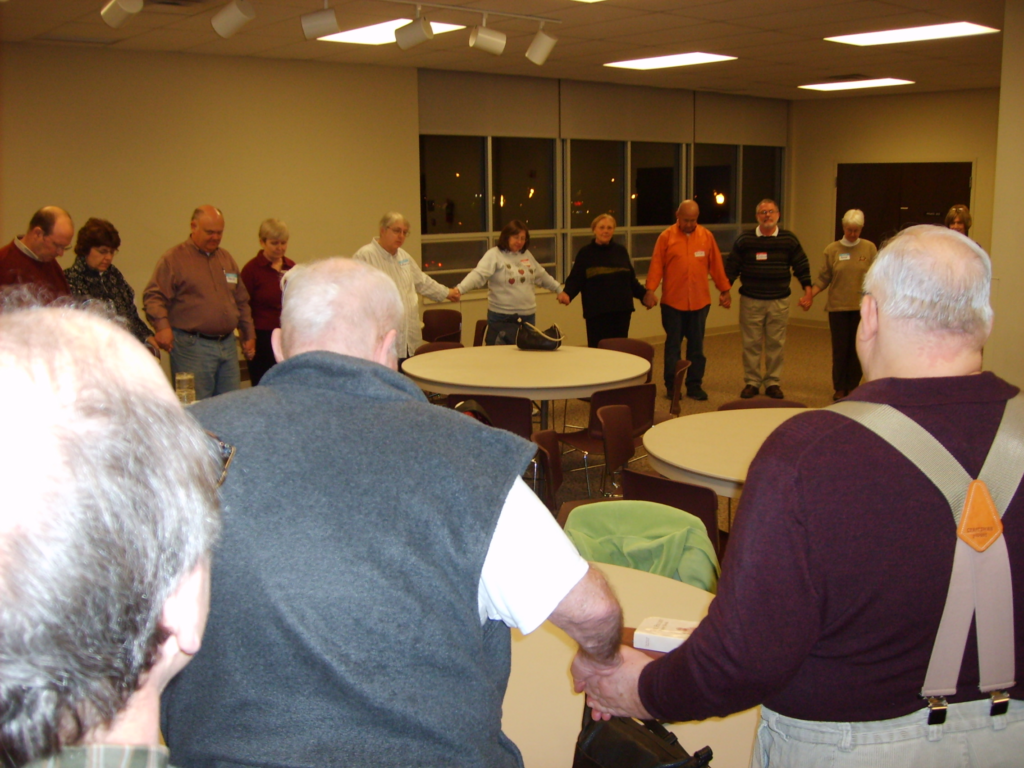Pope Paul VI, in 1974, called a world-wide meeting of bishops to ask them to talk about evangelization and the Church. His concern was that the zeal and energy behind our bringing the Gospel to other had slipped. The next year he produced a document, On Evangelization in the Modern World, that affirmed for Catholics that evangelizing others, and being evangelized more deeply ourselves, was what being Catholic was all about. “The Church exists to evangelize.”
Popes John Paul II and Benedict XXIII continued the push to have Catholic as leaders in evangelization. Each of them pointed out the diminished practice of faith in modern life as well as the importance of faith for the good of people today. They pointed out that faith did not contradict science; rather, they had to work together. These popes showed how faith contributed to arts and culture.
Evangelization is putting Jesus at the center of our lives and living our lives as his disciples, trying to bring Jesus to every person.
Do Catholics Evangelize?
In some ways, evangelizing others is part of everyday Catholic life. We only need a moment’s reflection to see how parents, simply by living their faith, can pass on its deepest qualities—trust, hope, caring for others, self-sacrifice.
But in a more explicit ways, Catholics do not seem to share faith as readily as some other groups do. There are several reasons for this. (1) The most important reason is that Catholics do not continue to deepen their understanding of faith as they grow older; hence, they don’t have the confidence that sharing faith calls for. (2) Catholics tend to defer faith sharing to the “experts”—clergy, nuns, teachers—because of this lack of confidence. (3) Catholics have not developed a vocabulary around sharing faith, one that derives from their personal experience. Sharing faith is more than relearning the catechism; it is putting our personal experience into words that other people can hear.
One of the important areas of growth revolves around Catholic discipleship.
Recent popes have been inviting Catholics to think of themselves as disciples—even as missionary disciples. This holds the promise that Catholics will start to think of their personal lives more clearly in relationship to Jesus and his way of life. This will not happen through a text book but rather in personal sharing with others, whether in small Christian groups or study groups, or even groups of parents who want to explore best ways to raise their children as believers.

While a lot has been written about discipleship in recent years, we still face the danger that discipleship will seem too esoteric, or even too elusive, for many Catholics. After all, Catholics know they are not called to be monks; they have widely accepted the spirituality of St. Francis de Sales who taught that devotion (holiness) is unique to each person according to his or her state in life. Making discipleship accessible for ongoing growth for everyday Catholics will open an essential direction for Catholics today.
In the end, discipleship simply means living our everyday Christian faith with openness and integrity. It means placing the experience of Jesus and his Spirit uppermost in our attention. It means that, having encountered God, we continue to grow in that encounter, accompanied by others, serving them generously, and finding continued depth in our faith lives.
This is what we want to pass on to the next generations. Some of the externals of Catholic life have clearly vanished—we no longer have many parochial schools or Catholic High Schools; nor do we have dozens of nuns in each convent. Today one priest serves a variety of parishes; we are more likely to hear a homily from a married deacon as an ordained priest. This is why internalizing our faith so we can externalize it more readily as committed believers ranks so high on the agenda for the future. (https://www.youtube.com/watch?v=d370RyYYqCk&list=PLrd9oadgqwXwioJCw97IQ7eGLDFv5I8oO) Our children will be raised in patterns of committed discipleship, which are part of everyday life and every Catholic household; or else the future of our faith remains in question.
